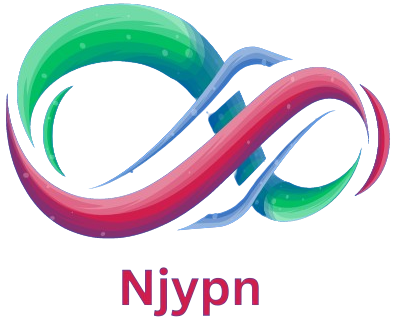Investigating the Completely exhilarating Universe of Web based Gaming
Presentation
Web based gaming has upset media outlets, changing how we play, cooperate, and associate with others around the world. From its beginning of basic multiplayer arrangements to the present immense, interconnected virtual universes, internet gaming keeps trustbet on advancing, offering vivid encounters and cultivating worldwide networks. This article digs into the set of experiences, classifications, social effect, and fate of web based gaming.
The Development of Internet Gaming
The foundations of internet gaming stretch back to the 1970s and 1980s, with text-based games like MUDs (Multi-Client Prisons) giving the first multiplayer encounters over early organizations. As innovation progressed, graphical games arose, offering additional connecting with encounters.
The 1990s denoted a critical defining moment with the coming of the web, making internet gaming more open. Titles like “Shake” and “Diablo” acquainted players with cutthroat and helpful interactivity for a bigger scope. The mid 2000s saw a flood in MMORPGs (Hugely Multiplayer Online Pretending Games), with “Universe of Warcraft” driving the charge, submerging millions in far reaching virtual universes.
Today, web based gaming traverses various sorts and stages, upheld by rapid web and strong equipment, making rich, complex, and socially captivating encounters.
Famous Web based Gaming Classifications
Web based gaming incorporates a wide assortment of classifications, each offering special encounters:
Hugely Multiplayer Online Pretending Games (MMORPGs): These games, similar to “Definite Dream XIV” and “The Senior Parchments On the web,” highlight extensive universes where players leave on missions, structure collusions, and participate in amazing clashes.
First-Individual Shooters (FPS): Titles like “Important mission at hand” and “Overwatch” center around high speed, reflex-driven ongoing interaction, with both cutthroat and agreeable modes.
Fight Royale: Games like “Fortnite” and “Pinnacle Legends” drop players into contracting fields, where they should outlive adversaries to arise triumphant.
MOBA (Multiplayer Online Fight Field): In games, for example, “Class of Legends” and “Dota 2,” groups contend to obliterate the foe’s base, requiring vital preparation and collaboration.
Easygoing and Social Games: These games, similar to “Creature Crossing: New Skylines” and “Among Us,” focus on friendly association and loose interactivity, frequently including agreeable and serious components.
The Social Effect of Web based Gaming
Web based gaming significantly affects culture and society:
Social Availability: Internet games give stages to social connection, permitting players to frame companionships, join networks, and team up with others worldwide.
Financial Impact: The gaming business produces critical income through game deals, microtransactions, and esports, setting out work open doors and driving mechanical advancement.
Social Combination: Web based gaming has saturated standard culture, impacting music, design, and diversion. Characters and stories from well known games frequently become social symbols.
Instructive Advantages: Web based gaming can improve mental abilities, for example, critical thinking and key reasoning. Instructive games and gamified learning stages make picking up drawing in and intelligent.
Inclusivity and Portrayal: The gaming business is turning out to be more comprehensive, including different characters and stories that mirror a more extensive scope of encounters.
The Eventual fate of Web based Gaming
The eventual fate of web based gaming is formed by a few energizing patterns:
Computer generated Reality (VR) and Increased Reality (AR): VR and AR advances vow to make more vivid and intuitive gaming encounters, shipping players into completely acknowledged virtual universes.
Cloud Gaming: Administrations like Google Stadia and Xbox Cloud Gaming permit players to stream games on different gadgets, decreasing the requirement for costly equipment and making gaming more open.
Esports: Serious gaming keeps on developing, with proficient associations and competitions drawing in enormous crowds and offering significant awards, making esports a standard peculiarity.
Cross-Stage Play: Expanding support for cross-stage play permits players on various gadgets to contend and team up, separating boundaries and extending gaming networks.
Man-made intelligence and Procedural Age: Advances in computer based intelligence and procedural age are making dynamic and customized gaming encounters, where game universes and accounts adjust to players’ decisions continuously.
End
Web based gaming has developed from straightforward multiplayer encounters to a worldwide social peculiarity, molding how we play, interface, and cooperate. As innovation keeps on propelling, the opportunities for internet gaming are unending, promising more extravagant, more vivid encounters and cultivating nearer and nearer associations among players around the world. The eventual fate of internet gaming is splendid, offering energizing open doors for players, engineers, and networks the same.
